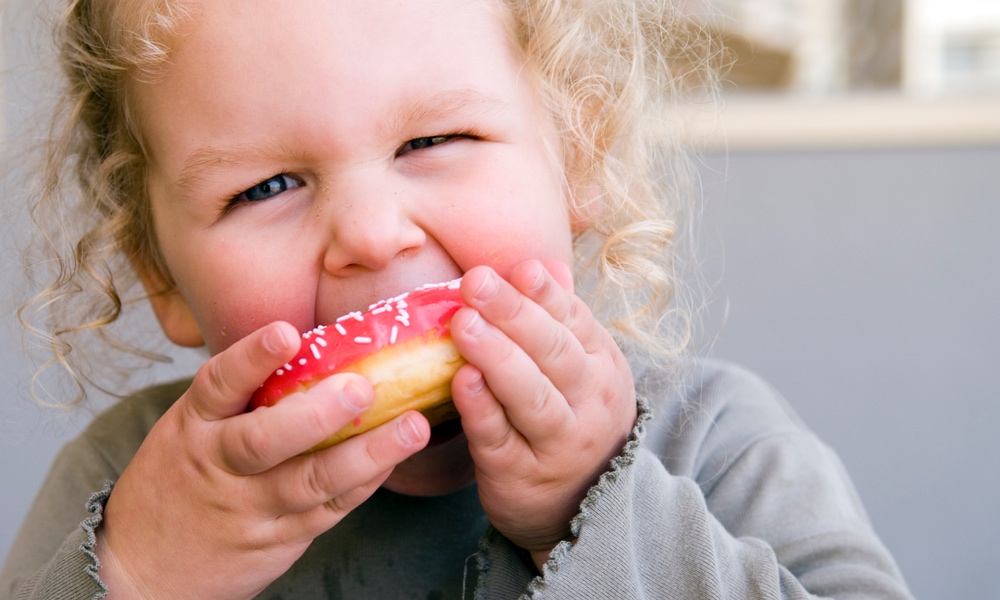The marshmallow test has been used as a measure of children’s self-control for years. Children who were willing to delay receiving a marshmallow treat in the original study were viewed as possessing persistence. Over the years the early ability to delay gratification has come to be viewed as a predictor of personality characteristics that will enable a person to successfully weather life’s challenges as an adult.
A new take on the test paints a slightly different picture. Three- and four-year-olds are willing to delay gratification as much for the sake of their reputations as their ability to persist. A Chinese and American research team found children are more likely to wait quite a long time for a bigger reward, instead of taking a smaller one they could receive immediately, if they believe their peers or teachers were going to be told about it later on.
Apparently, you're never too young to start working on your resume.
Children were told they could earn a small reward immediately or wait for a bigger one. Some of the children were given additional information — that a classmate or a teacher would know how long they waited. Children waited longer when peers or teachers were going to be informed, and were willing to wait nearly twice as long when teachers were going to be told as when peers were going to be told.
The results surprised the Zhejiang Sci-Tech University and University of California, San Diego, team. The traditional view is that three- and four-year-olds are too young to care about what other people think of them. That is why the marshmallow test was believed to be an indicator of a child’s persistence and associated with a range of positive life outcomes, including higher SAT scores. The idea has been that impulsive children, those who find it impossible to wait for the treat, tend to grow up into impulsive teenagers and impulsive adults.In addition to measuring self-control, the test may also measure another important skill: awareness of what other people value.
The new findings suggest something a little different.
“Our new research suggests that in addition to measuring self-control, the task may also be measuring another important skill: awareness of what other people value. In fact, one reason for the predictive power of delay-of-gratification tasks may be that the children who wait longer care more about what people around them value, or are better at figuring it out,” explained co-author, Gail Heyman, a professor of psychology at the University of California San Diego.
The study appears in Psychological Science.





